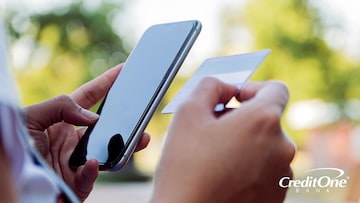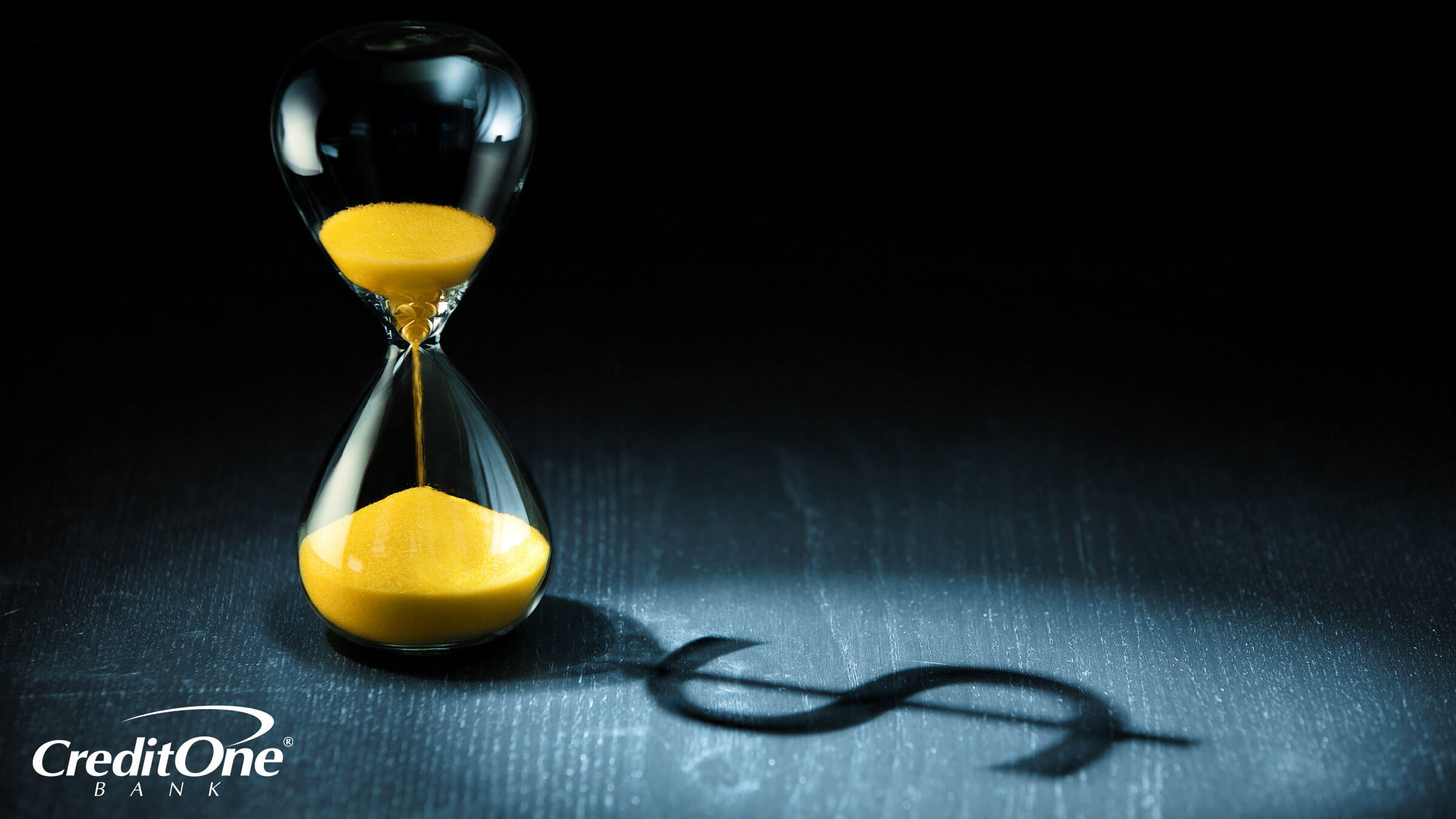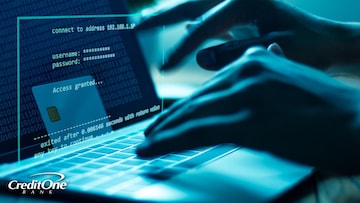
What Happens if You Don’t Use Your Credit Card?
August 24, 2022
Topics:
Credit CardCurious what happens if you don’t use your credit card for a while? Read on to learn more.

Oftentimes, when it comes to credit cards, questions revolve around the ins and outs of using your card and the many different topics that come from that use, such as credit utilization ratio or card limits.
What happens if you don't use your credit card?
Initially—especially if the lack of use is just a short period of time—likely not much will happen. However, while there’s no definitive rule as to how often you need to (or should) use your card to build positive credit, enjoy rewards, etc., there are some potential impacts that you could face due to card inactivity.
Missed Fraud Activity
One potential issue you could face if you don’t use your card is you could overlook fraudulent activity on your account. If your credit card is in a drawer collecting dust, you’re also not likely keeping an eye on your account activity, be it via online or your account statements. So, if someone happens to put a fraudulent charge on your account—and you’re not paying the attention needed to spot that charge—it can have an impact on your finances.
Account Can Be Closed
Another potential result of not using your card? Account closure.
The amount of inactivity time it takes for your card to be closed may range from issuer to issuer, but it can happen. And while this may not be a big deal to some, closing an account could also have a bigger negative effect on one’s finances than just removing a payment option from your wallet.
Impact on Credit Score
All the previously mentioned impacts of card inactivity can negatively affect your credit score. For one, if you have a balance on your account while the card is collecting dust—whether it’s from a purchase you had previously made or if it’s a fraudulent purchase you had no idea about—not only is it continuing to accrue interest, but it is also potentially lowering your credit score as payment history is the number one factor in determining a credit score.
Account closure can also lower your credit score because of the effect it has on your credit utilization ratio.
What to Do to Keep It Active
So, what can one do to keep a card active? It’s pretty simple: use the card every once in a while.
You don’t have to make a big purchase and carry a large balance. It can be something as simple as using your credit card to fill up your car with gas, buying groceries, or setting up your card for automatic payments on a recurring charge such as a streaming service or gym membership.
Regardless of what the purchase is, the important thing is to do so responsibly and always be sure to have a plan to pay the balance off in a timely manner.
With his eyes set on becoming the next great ad man (at least until his comedy writing career took off), Marc earned his journalism degree and went straight into advertising for various gaming and tourism clients. He later expanded his credentials to include public affairs and communications work for several environmental science organizations before returning to his marketing roots. A lifelong scholar with recent studies in strategic communication, Marc enjoys tying humor into his writing and simplifying complex financial subjects into engaging and easy-to-digest content for a wide variety of audiences.



